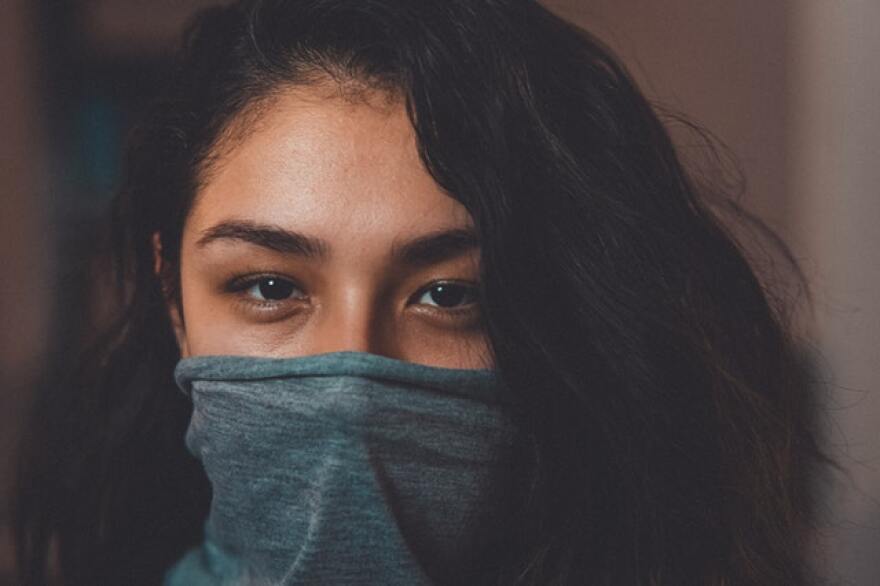Several weeks of coronavirus data indicate an overwhelming number of the virus’ victims are people of color. Once called "the great equalizer," COVID-19 is instead magnifying inequalities across American economic, social and civic systems.
The virus itself does not discriminate, but social determinants of health influence an individual or community's level of vulnerability in a public health crisis, including inequity in access to health care and economic opportunity.
People of color are disproportionately low-wage earners in jobs where working from home is not possible. Low-wage workers are more likely to suffer from food insecurity, have chronic health conditions but lack access to care, and live in places where social distancing guidelines are hard to maintain.
What else is contributing to more numerous and severe COVID-19 cases in Black and Hispanic populations? Do ethnic or genetic factors worsen health outcomes for a coronavirus infection, or do social determinants of health play a bigger role?
Minorities are reportedly overrepresented in case numbers and fatalities attributed to the pandemic, but there is a lack of solid demographic information for COVID-19 cases, both in Texas and on the national level. Roughly half of U.S. states have not released racial data for coronavirus deaths.
How are racial demographics being tracked by states, counties and private labs, and how could this data collection be improved? Why is race "unknown" for more than 20% of Texas' documented coronavirus cases? Why is racial information missing for 75% of patients in the federal database?
How are government and public health officials working to mitigate its spread in certain communities? What efforts are being made to translate and disseminate vital public health information about the virus? How can we promote health equity and improve health care access for vulnerable populations?
What will be the human and economic cost of COVID-19 for communities of color, if more isn't done to address existing racial and ethnic disparities?
Guests:
- Ana Abraido Lanza, Ph.D., professor of social and behavioral sciences and vice dean of the School of Global Public Health at New York University
- Michael Barajas, staff writer covering civil rights for the Texas Observer
- Connor Maxwell, senior analyst for race and ethnicity policy at the Center for American Progress
- Garnet Coleman, Texas House Representative for District 147
"The Source" is a live call-in program airing Mondays through Thursdays from 12-1 p.m. Leave a message before the program at (210) 615-8982. During the live show, call 833-877-8255, email thesource@tpr.org or tweet @TPRSource.
*This interview was recorded on Wednesday, April 22.
TPR was founded by and is supported by our community. If you value our commitment to the highest standards of responsible journalism and are able to do so, please consider making your gift of support today.




